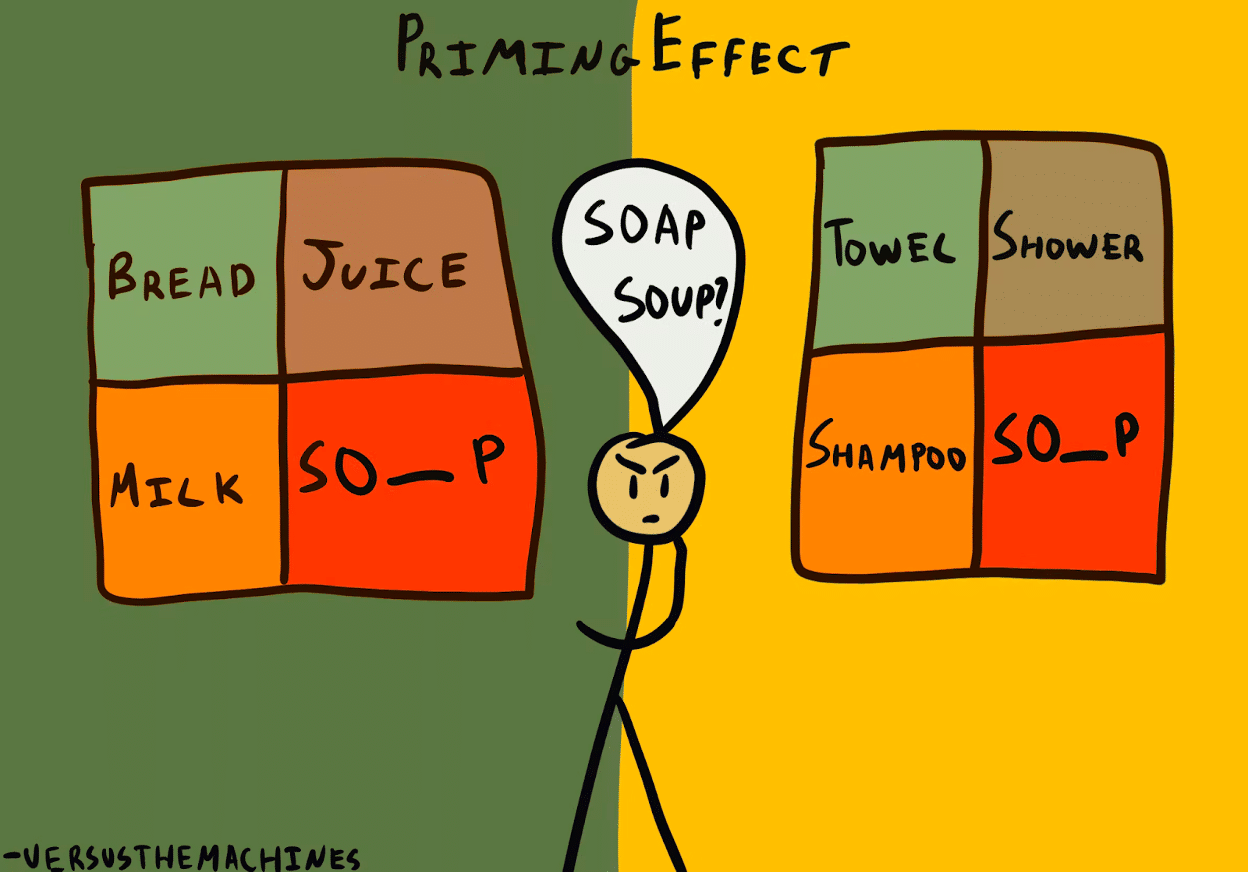In 2008, I was living in Chicago working for a giant PR firm on the Unilever account.
Generally, I loved it. I loved the creative minds, the exciting pace, the feeling of being good at something after a lifetime of struggling in school.
I was also tired. I worked long hours because I thought I had to prove myself. I was living in an expensive city, making enough money, but there was no extra at the end of the day.
I was working on a campaign for AXE that was introducing a new body scrubber. An actress was on board to film a fake infomercial about cleaning athletic balls, and the spot was basically a series of anatomy-related innuendos. It was AXE…that’s kinda their schtick.
One night, I was with my dad, and we ran into a friend of his. He introduced me to his friend and said – Mary is in PR. She’s working on a campaign for sweaty balls.
Now I know what you’re thinking. WHY would your dad say that? Yeah, I don’t know. But that’s not the point of the story.
Suddenly, in a VERY clear moment, My gut told me to leave. I had to get out of this job. This career.
So I quickly devised my plan. I was leaving Chicago to go back to graduate school in Memphis to be…
A MIDDLE SCHOOL SCIENCE TEACHER
So, I packed up, moved to Memphis, met with an advisor when my gut started to whisper…psst…are you sure about this?
Well yes. But no. I DON’T KNOW.
Spoiler alert, I’m not a middle school science teacher.
So what is this thing we call our gut? Is it reliable? Like most things with the brain, it’s not so simple.
How Do We Make Decisions?
Turns out, like all things in the brain, it’s both complicated AND trying to make things as simple as possible up there.
We have two systems of decision making:
- REACTIVE: The more automatic, intuitive system
- REFLECTIVE: The more thoughtful, calculating system.
Our brain is constantly working to make decisions more automatic to free ourselves up for tougher, more energy-consuming tasks.
What’s the Result of This?
Sometimes the reactive system makes snap decisions based on past patterns and experiences when we SHOULD be engaging the reflective system.
In psychology, this is called priming. “Priming, or the Priming Effect, occurs when an individual’s exposure to a certain stimulus influences his or her response to a subsequent stimulus, without any awareness of the connection.” The illustration below simplifies this pattern of thinking. But ultimately, what we know influences what we think the answer is.

But to Complicate Things, Our Reflective System Ain’t Always Reliable
As we move along this journey called life, we have to remember that our memory is not always the most reliable partner on the road. Confirmation bias shows us that we tend to agree with the information that confirms a previously held belief.
Research tells us that we suck at having precise, accurate memories. Two people may have two very different perceptions of a shared experience. Who is right? No telling.
So Trust Your Gut? Don’t Trust Your Gut? Yes.
I believe in science. I also believe in the divine. Whether that be God or the universe, I do believe we get nudges in the right direction if we stop and listen.
So, where does that leave us? Here are my thoughts…
1. Pause and Hear the Whispers –
In my experience, the next interesting idea, life change, or adventure all starts with a whisper and small explorations. This can be tough for me to accept because I want to make EVERYTHING a production. So the moments where feelings are LOUD and BIG may not be the best moments to make BIG changes.
2. Practice and Evaluate –
Science tells us that our intuitions can get stronger if we practice. This is the neuroplasticity we’ve talked about over the past month. Our intuitions are only as strong as the patterns we are building in our brains, but we must reflect on our decisions and recognize the patterns.
Practice taking tiny action based on the whisper, ask yourself how it made you feel, and act accordingly. Here’s an example:
I heard a whisper last year to start helping women navigate their careers. In another story for another time, I decided just to start writing about it. Before, I would have made it a GIANT thing. I would need a business plan, a brand, a curriculum, yada yada yada. But I just started writing. And that small decision to start writing paid off, and now, I feel like it’s easier to hear and follow the whisper.
3. Consider The Environment –
Is this something you’ve experienced before, or is this something new? As you’ve started to understand, this doesn’t mean the gut is more or less trustworthy, it just is a factor to consider.
Here’s an example. About twice a year, I get a STRONG signal in my gut that our family needs to sell our house, move somewhere random, and probably start new lives. This used to take me down a rabbit hole for weeks. But through evaluating what was going on after the mini-breakdowns, I now know I need a change of scenery. To get from life blow up to change of scenery used to take weeks, now it takes hours.
So when you come across the inevitable media articles that tell you to JUST TRUST YOUR GUT, you’ll know that it’s not so simple. But you’ll remember that you really do have all the answers if you know the right questions to ask.
Was this helpful?
From The Vault posts are topics that I’ve shared with my newsletter that were a big hit. Want more value packed information like this coming directly to your inbox?
Sources:
- Should students change their answers on multiple choice questions? – Advances in Physiology Education
- Thinking Fast and Slow – Daniel Kahneman
- Approaching the Distinction between Intuition and Insight – Frontiers in Psychology
- Priming and the Psychology of Memory – VeryWellMind


